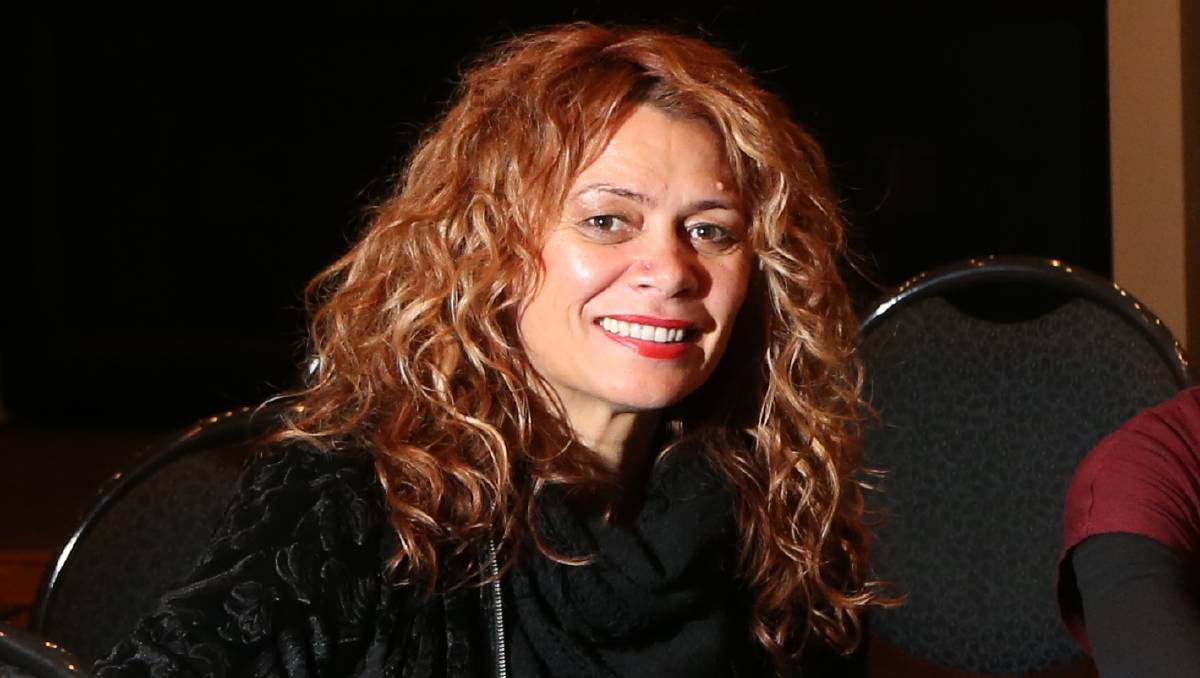
Known as a trailblazer for Australian Indigenous women’s rights, Antoinette Braybrook has used her voice to speak out on behalf of the Aboriginal and Torres Strait Islanders peoples for nearly 20 years. She is the CEO of Djirra, an Aboriginal community-controlled organization that provides holistic and culturally safe spaces for the Indigenous women of Australia to get the support that they need across a variety of platforms.
Braybrook is no stranger to the racism and lack of support Indigenous women suffer. She was raised in a small town where hers was the only Aboriginal family and she bore the brunt of racism daily. In spite of her keen scholastic aptitude, she was frequently told by her teachers that she would never amount to anything because she was Aboriginal. At the age of 15, she decided to drop out. “School wasn’t hard but the racism was. It was relentless, soul-destroying pressure,” she said.
At age 30, Braybrook made the decision to return to school to study law. She has said that she initially wished to work in criminal law, but that her passion shifted when her region received funding to start a family violence prevention and legal service and she stepped up to participate in its development.
“We knew we had to be more than just legal,” says Braybrook on the founding of the program now called Djirra. “We knew early intervention and prevention programs would save lives. We wanted the voices of our women to resonate and strengthen our advocacy so that we could influence systemic change for our people, our women, and our children.”
Since its founding in 2002, Djirra has been an essential source of support for the Aboriginal and Torres Strait Islander women of through various programs and workshops. One of its best-known programs, Sister’s Day Out, is a day of pampering that provides a culturally safe space for Aboriginal women to discuss family violence and what supports are available in their communities to keep women and their children safe. Over 10,000 women have participated in the program since its inception in 2007.
Djirra also works to facilitate systemic change that will improve Aboriginal women’s access to justice, safety, and equality by maintaining a presence in community decision making forums and committees, as well as contributing expertise to important government initiatives. Braybrook said, “We work together to build our community’s capacity to confront—and then deal with—all the challenges we face.”
